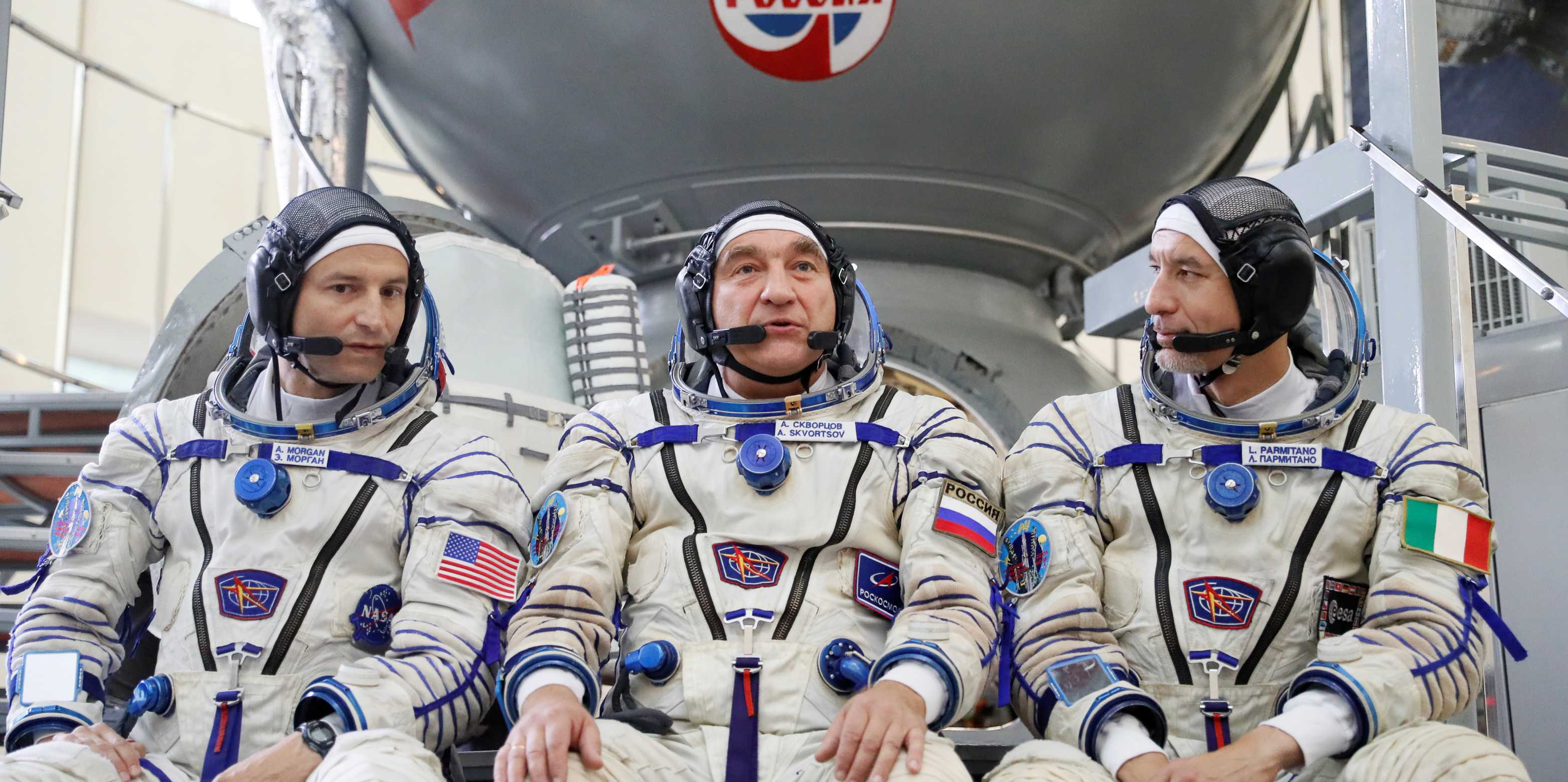The Promise and Paradox of Science Diplomacy
There is no accepted definition of science diplomacy. As a concept, science diplomacy seeks to navigate two opposing imperatives: addressing common issues and advancing national interests. This tension cannot be resolved. For this reason, science diplomacy will remain a contested and dynamic concept, argues CSS' Leo Eigner in this edition of the CSS Analyses in Security Policy series.

Over the past two decades, "science diplomacy" has emerged as a new policy concept interconnecting science and technology (S&T) and international relations (IR). States like the US, the UK, Japan, or Switzerland as well as scientific institutions, like the American Association for the Advancement of Science (AAAS), refer to the concept in policymaking. Meanwhile, advocates and practitioners signed the Madrid Declaration of Science Diplomacy (2019) and the Vienna Statement on Science Diplomacy (2021), while think tanks and higher education institutions (HEI) offer courses on science diplomacy, which has grown into an academic subfield in its own right.
Despite this upsurge of interest, there is still no accepted definition of science diplomacy. Generally speaking, it is an attempt to understand the intersections between science and politics, mainly at the international level. More specifically, science diplomacy refers to a set of practices that leverage, harness, or instrumentalize S&T with the aim of advancing broader political objectives. It encompasses a wide range of activities, such as facilitating international scientific collaboration, integrating science advice mechanisms into policymaking, or strengthening research and development (R&D), and thus assembles a variety of actors, including states, scientific institutions, HEIs, NGOs, companies, and individual scientists. The manifold activities that these actors associate with science diplomacy continuously shapes its meaning, resulting in science diplomacy developing into a catch-all concept.